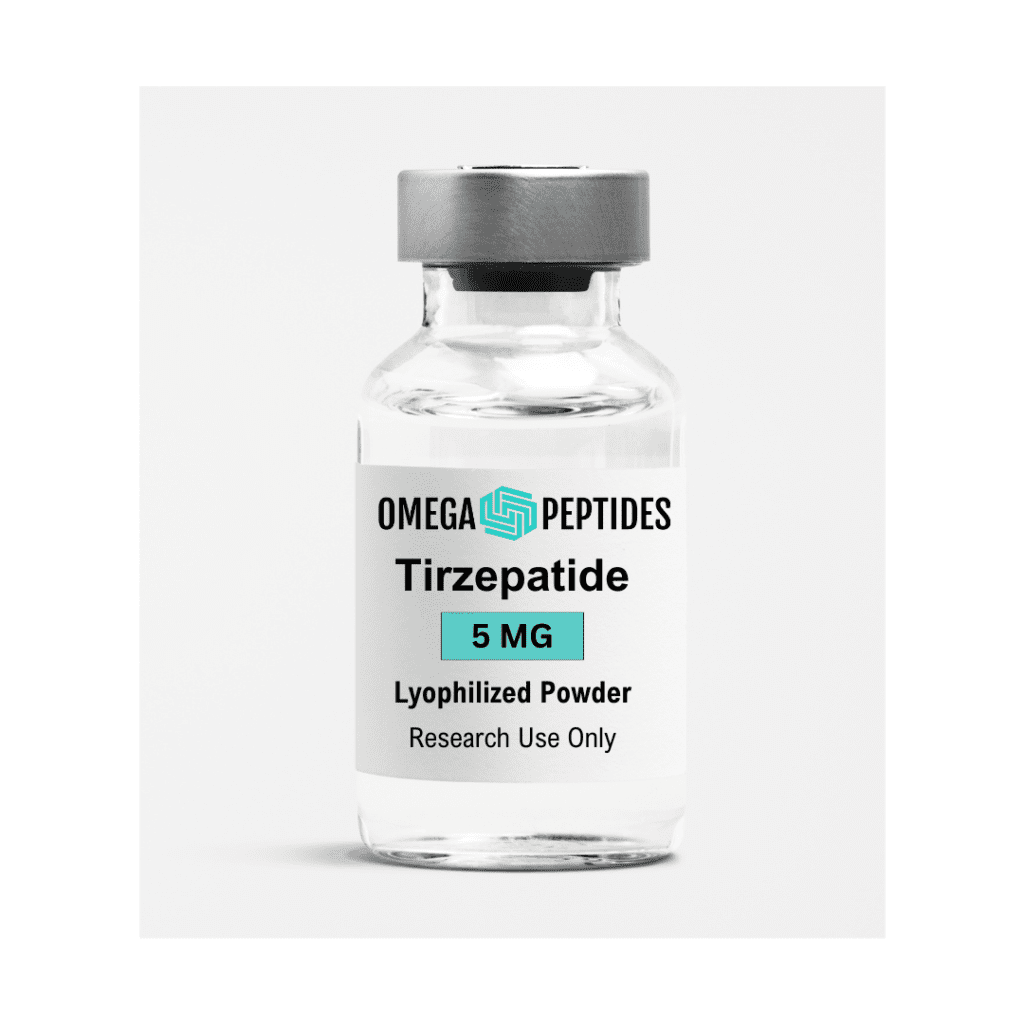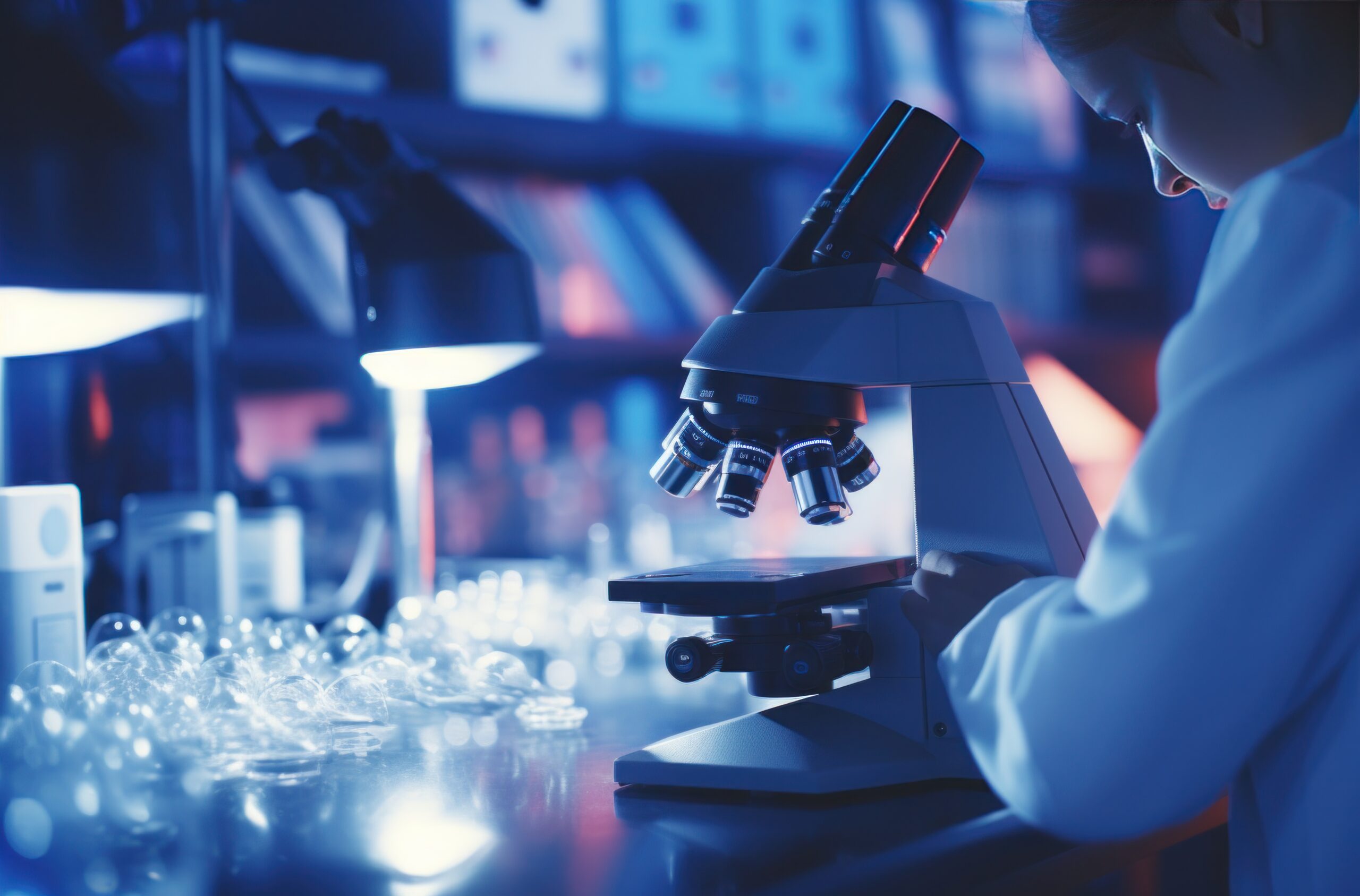Your cart is currently empty!
Power of GLP-1 for Drug, Alcohol Addiction, and Binge Eating
In addition to its use for weight loss and diabetes, there is a growing interest in the potential of GLP-1 receptor agonists for the treatment of various types of addiction, including opioid, cocaine, alcohol, binge eating, and other substance use disorders. While the research is still developing, several studies have suggested that GLP-1 receptor agonists may play a beneficial role in reducing the reinforcing effects of drugs and addictive behaviors.
Opioid Addiction:
Research suggests that GLP-1 receptor agonists may reduce opioid craving and withdrawal symptoms. Some studies have found that GLP-1 could decrease the rewarding effects of opioids by modulating the brain’s reward system (Ghamari-Langroudi & Pothos, 2018). These findings indicate that GLP-1 may have potential as part of an addiction treatment strategy.
Cocaine Addiction:
GLP-1 receptor agonists have also been explored in the context of cocaine addiction. Animal models show that these compounds may reduce cocaine self-administration, potentially helping to diminish cocaine-seeking behavior (Ehlers & Chaplin, 2015). The mechanism behind this effect is believed to involve the modulation of brain reward pathways, which play a central role in addiction.
Alcohol Addiction:
In the realm of alcohol use disorder, emerging research suggests that GLP-1 receptor agonists may help reduce alcohol consumption. Studies indicate that these compounds could lessen alcohol-seeking behavior in animals (Muench & McCullough, 2020). The theory is that GLP-1 impacts the dopamine system, which is closely involved in reinforcing addictive behaviors.
Binge Eating and Other Drug Addictions:
In addition to substance addictions, GLP-1 has shown promise in treating binge eating disorder (BED). GLP-1 receptor agonists, known for their appetite-regulating effects, can promote satiety and reduce food intake, potentially reducing binge eating episodes (Rogers & Brunstrom, 2016). Furthermore, research is being conducted into whether GLP-1 can assist in the treatment of other compulsive drug use disorders by modulating similar reward pathways involved in food and substance addiction.
General Addiction Research:
Overall, the role of GLP-1 receptor agonists in treating addiction is an emerging area of research. Studies suggest that these compounds may help modulate the brain’s reward system and reduce the reinforcing effects of addictive substances, although more research, particularly in humans, is needed to confirm these potential therapeutic effects (Wittekind, Hohenadel, & Danziger, 2019).
Ready to Explore the Power of GLP-1?

GLP-1/GIP Peptides
REFERENCES
Ghamari-Langroudi, M., & Pothos, E. N. (2018). Glucagon-like peptide-1 receptor agonists as potential treatments for opioid addiction. Frontiers in Neuroscience, 12, 528. https://doi.org/10.3389/fnins.2018.00528
Ehlers, C. L., & Chaplin, S. R. (2015). GLP-1 receptor agonists as potential treatments for cocaine use disorder: A review. Pharmacology Biochemistry and Behavior, 135, 74-80. https://doi.org/10.1016/j.pbb.2015.02.015
Muench, S. M., & McCullough, D. (2020). The role of GLP-1 receptor agonists in alcohol addiction treatment. Journal of Clinical Psychopharmacology, 40(2), 207-215. https://doi.org/10.1097/JCP.0000000000001225
Rogers, P. J., & Brunstrom, J. M. (2016). Glucagon-like peptide-1 receptor agonists as treatments for binge eating disorder: Mechanisms and efficacy. Appetite, 103, 34-42. https://doi.org/10.1016/j.appet.2016.03.019
Wittekind, C. E., Hohenadel, M., & Danziger, N. (2019). GLP-1 receptor agonists in addiction: From theory to practice. Addiction Biology, 24(6), 1163-1177. https://doi.org/10.1111/adb.12722
Categories
- BPC-157
- CJC-1295 (with DAC)
- CJC-1295 No Dac
- Epithalon
- Follistatin
- General Peptide
- GHK-cu (Copper Peptide)
- GLP-1/GIP
- GnRH (Gonadotropin-Releasing Hormone)
- HCG (Human Chorionic Gonadotropin)
- Ipamorelin
- Kisspeptin
- Melanotan II (MT2)
- MK-677 (Ibutamoren)
- MOTS-c
- NAD+
- Oxytocin
- Peptide Storage
- Peptides
- PT-141 (Bremelanotide)
- Research Dosages
- Research Supplies
- Retatrutide
- Selank
- Semaglutide
- SNAP-8
- TB500 (Thymosin Beta-4)
- Tirzepatide
- Topical Peptides

